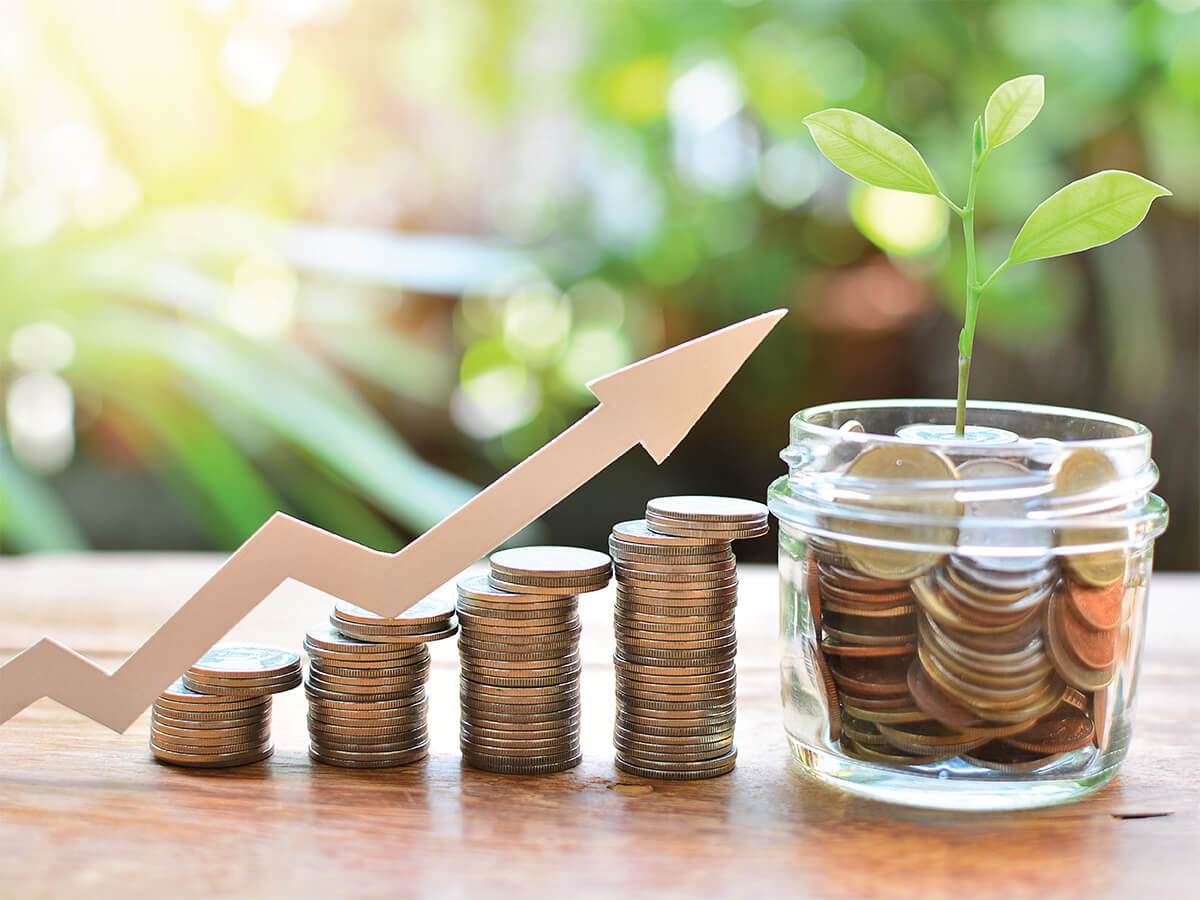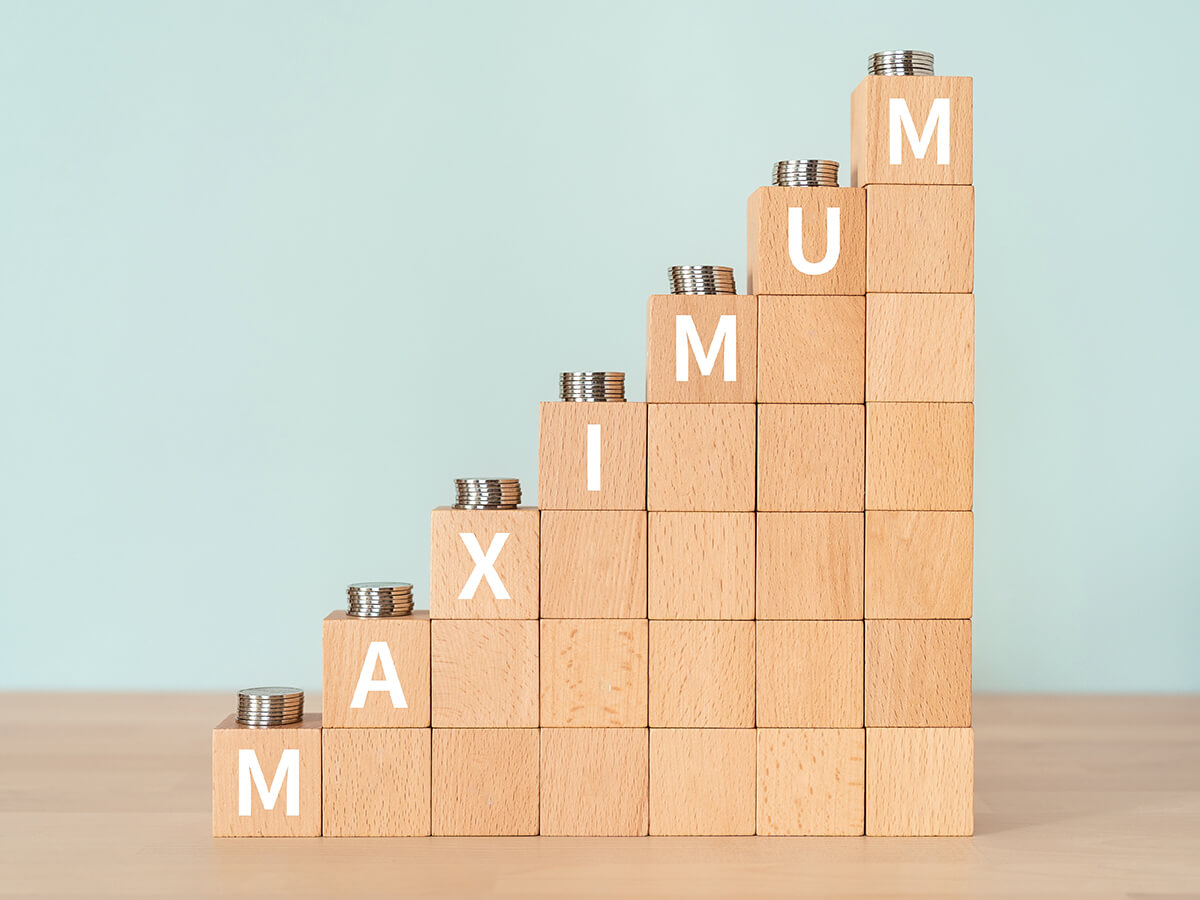Imagine watching your hard-earned money grow while you sleep. That's the magic of compound interest in Fixed Deposits (FDs), the most popular investment option in India. In this comprehensive guide, you will learn about compound interest and how to unlock its power to maximise your returns.
Understanding compound interest on FDs
Compound interest is the secret sauce that makes your money work for you. But, how does compound interest work? It's not just about earning interest on your initial fixed deposit investment, but, also taking into account the interest that your money has earned over time.
To demonstrate this, let's consider an example. Suppose you invest Rs. 10,000 in an FD with an annual interest rate of 7%. In the first year, you'll earn Rs. 700 as interest (10,000 * 0.07). However, in the second year, you won't earn interest just on your initial Rs. 10,000, but on the total amount in your FD, which is now Rs. 10,700. This compounding continues year after year, leading to substantial growth over time.
The power of compound interest on FDs
Compound interest is what powers the growth of your FD. Unlike simple interest where you only earn interest on your principal amount, compound interest takes into account the accumulated interest from previous periods as well. This means that your FD can grow significantly over the years.
Let's take a closer look at an example to understand this better. Suppose you invest Rs. 1,00,000 in an FD for 5 years with an annual interest rate of 6%. With simple interest, you would earn Rs. 6,000 each year (1,00,000 * 0.06). But with compound interest, your earnings increase each year:
Year 1: Rs. 1,06,000
Year 2: Rs. 1,12,360
Year 3: Rs. 1,19,101
Year 4: Rs. 1,26,247
Year 5: Rs. 1,33,823
By the end of the fifth year, you'll have Rs. 1,33,823 in your FD thanks to compound interest. That's Rs. 7,823 more than what you would earn with simple interest.
Calculating compound interest on FDs
Calculating compound interest manually can be complex due to the formula involved. However, most banks and financial institutions provide online calculators that make it quick and easy for you to estimate your returns.
To understand the potential of compound interest, let's see the formula used to calculate it.
A = P(1 + r/n)^(nt)
Where:
A = The future value of the investment/loan including interest
P = The principal amount (initial investment)
r = The annual interest rate (expressed as a decimal)
n = The number of times interest is compounded per year
t = The number of years the money is invested
Benefits of compound interest on FDs
Harnessing compound interest in FDs offers several advantages:
1. Higher Returns
With compound interest, your money grows faster compared to simple interest, leading to higher returns over time.
2. Effortless Saving
FDs are a low-risk investment option, making them ideal for risk-averse individuals. You can sit back and watch your savings multiply without actively managing the investment.
3. Financial Goals
Use FDs to achieve long-term financial goals, such as buying a house or funding your child's education. The power of compound interest helps you reach these milestones faster.
4. Emergency Fund
FDs can serve as a reliable emergency fund, providing easy access to your savings when needed. The growth from compound interest ensures that your emergency fund keeps pace with inflation.
5. Tax Benefits
Some FDs offer tax benefits under Section 80C of the Income Tax Act, allowing you to save on taxes while growing your wealth.
6. Stability
FD interest rates are relatively stable, providing a predictable source of income. This stability makes it easier to plan and manage your finances.
Additional read: Pros & Cons Of Investing In FD
Conclusion
Unlocking the power of compound interest on FD is a game-changer for people looking to grow their wealth steadily and reliably. By capitalising on the immense growth potential of compound interest, you can watch your savings multiply effortlessly over time.
As you explore different investment options, consider Mahindra Finance's range of FD offerings that provide competitive interest rates and flexible tenures. Their customer-centric approach ensures a seamless and hassle-free experience, allowing you to make the most of compound interest on your FD investments.
FAQs:
Q: How does compound interest on FDs differ from simple interest?
A: Compound interest on FDs interest takes into account not only the initial principal amount but also the accumulated interest from previous periods, leading to exponential growth over time. Simple interest only calculates earnings based on the principal amount.
Q: Can I calculate compound interest manually?
A: While calculating compound interest manually can be complex, most banks and financial institutions provide online calculators that make it quick and easy to estimate your returns.
Q: How often is compound interest calculated and added to an FD?
A: The compounding frequency can vary, but it is usually quarterly or annually. The more frequently the interest is compounded, the faster your savings will grow.






















































